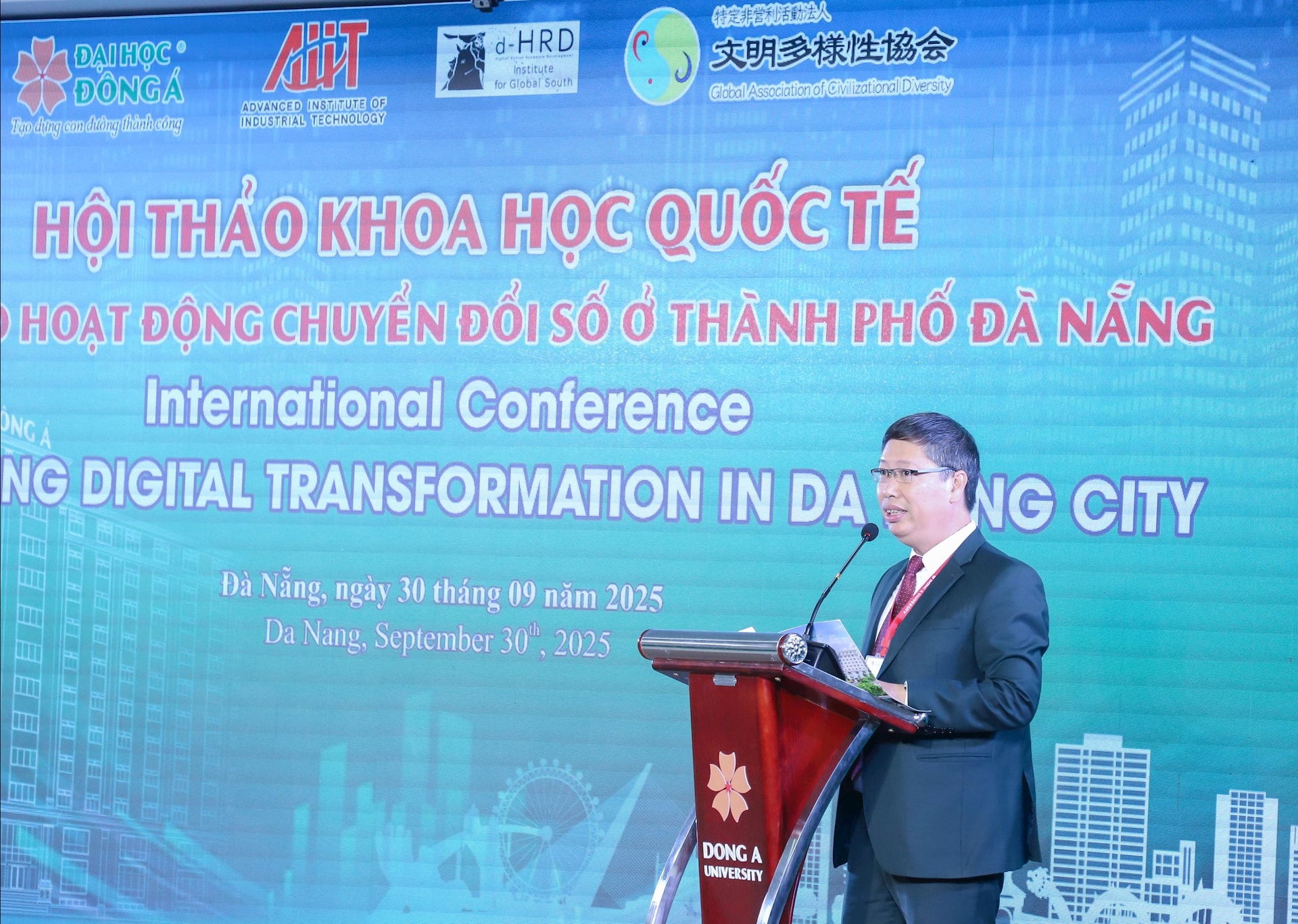
Associate Professor Dr. Dinh Thanh Viet, Vice Rector of Dong A University, said that the current National Strategy on Digital Transformation focuses on three pillars: digital government, digital economy and digital society, with specific goals: by 2025, digital economy contributes 20% of GDP; 80% of administrative procedures are performed online, people have wide access to digital services.
By 2030, Vietnam strives to be in the world's top 50 in e-government and digital economy accounting for nearly 1/3 of GDP.
According to Associate Professor Dr. Dinh Thanh Viet, by 2024, the digital economy will reach nearly 19% of GDP, with a growth rate of over 20% per year.
Vietnam now has nearly 48,000 digital enterprises and has risen 15 places in the global e- Government Development Index since 2022. These results affirm that digital transformation is a practical driving force for growth, innovation and global integration.
2025 marks the 52nd anniversary of Vietnam-Japan diplomatic relations. In that spirit, AIIT and Dong A University expand cooperation in many fields such as: cyber security, application of new technology, climate change mitigation, sustainable development.
Many projects have been implemented in Da Nang and the Central region, bringing specific benefits to the community, clearly demonstrating the role of the university in connecting global knowledge with local practices.
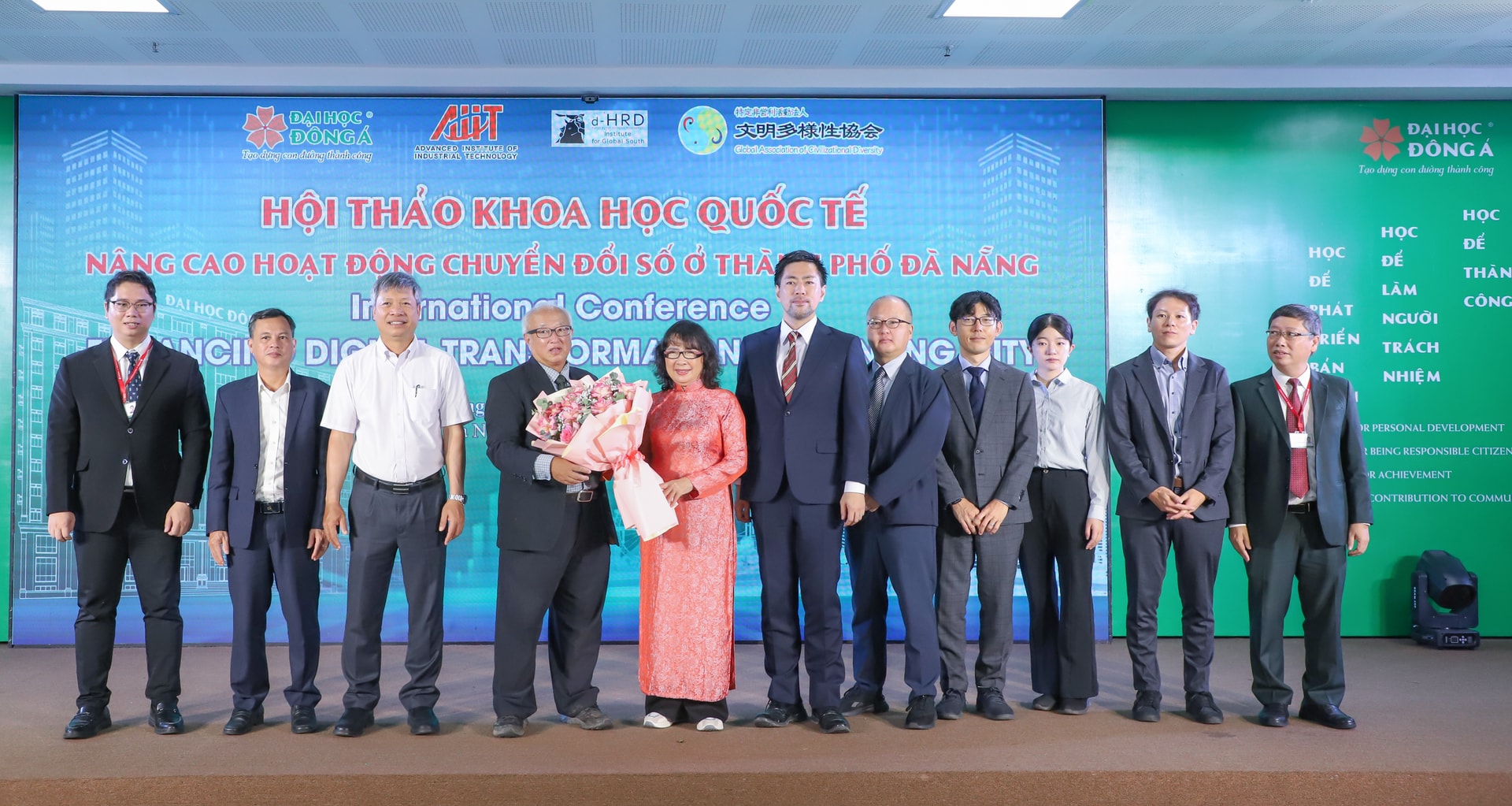
At the workshop, the presentations focused on the issue of upgrading internet infrastructure, building "Special epistemological zones" based on advanced cyber-physical systems; developing digital human resources to meet the requirements of the economy; policies to enhance the competitiveness of seaports associated with green energy projects; solutions to restore the carbon credit market; and research on geological heritage associated with sustainable development.
In his presentation on the topic “Special Knowledge Economic Zone (SEZ)”, Professor Mitsuhiro Maeda (AIIT Institute) emphasized three challenges to realize the “leap forward” strategy: building a CPS that covers all fields; turning rural resources into competitive advantages; training large-scale digital human resources (d-HRD), avoiding focusing on large urban areas, the remote d-HRD model in Asia can be a model.
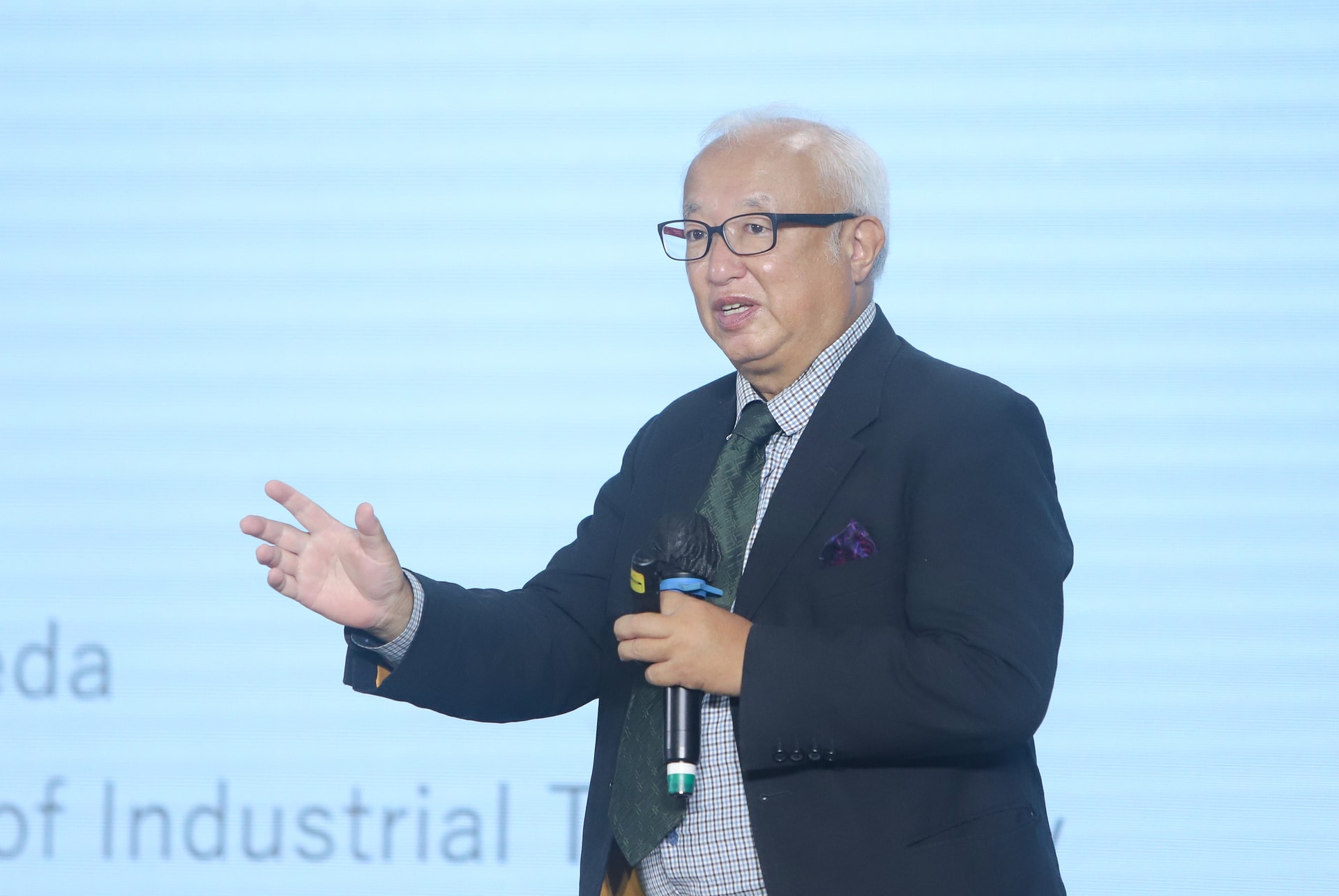
In his presentation on “Proposal to improve Da Nang's internet environment through upgrading the upper internet infrastructure”, Mr. Kimihiko Nagata (AIIT Institute) proposed to improve Da Nang's internet infrastructure through building an Internet Exchange Station (IX).
With international submarine and fiber optic cable projects being deployed in Da Nang and the Central region such as SJC2 (Quy Nhon, July 2025), ALC (Da Nang, Q1 2026) and VSTN fiber optic cable system (Da Nang, August 4, 2025) along with an 8 MW data center being planned, the development of IX becomes an urgent requirement...
To be successful, it requires collaboration from stakeholders such as data providers, ISPs and CDN operators from the outset, while considering minimum requirements and priorities for each.
In the presentation "Proposals to restore the voluntary carbon credit market", Mr. Kazuya Takano (AIIT Institute) proposed a solution to utilize blockchain technology to address the challenges of restoring the carbon credit market.
Compared with traditional authentication methods, blockchain solutions offer many advantages such as automated system checks, unified authentication standards, traceability after secondary distribution, and significant cost reduction...
The workshop is expected to bring many valuable suggestions, creating opportunities for connection between policymakers, academia and businesses, contributing to promoting effective digital transformation in Da Nang.
Source: https://baodanang.vn/da-nang-tim-giai-phap-chuyen-doi-so-mo-rong-hop-tac-voi-nhat-ban-3305034.html


![[Photo] Solemn opening of the 12th Military Party Congress for the 2025-2030 term](https://vphoto.vietnam.vn/thumb/1200x675/vietnam/resource/IMAGE/2025/9/30/2cd383b3130d41a1a4b5ace0d5eb989d)
![[Photo] Panorama of the cable-stayed bridge, the final bottleneck of the Ben Luc-Long Thanh expressway](https://vphoto.vietnam.vn/thumb/1200x675/vietnam/resource/IMAGE/2025/9/30/391fdf21025541d6b2f092e49a17243f)
![[Photo] President Luong Cuong receives President of the Cuban National Assembly Esteban Lazo Hernandez](https://vphoto.vietnam.vn/thumb/1200x675/vietnam/resource/IMAGE/2025/9/30/4d38932911c24f6ea1936252bd5427fa)
![[Photo] General Secretary To Lam, Secretary of the Central Military Commission attends the 12th Party Congress of the Army](https://vphoto.vietnam.vn/thumb/1200x675/vietnam/resource/IMAGE/2025/9/30/9b63aaa37ddb472ead84e3870a8ae825)
![[Photo] The 1st Congress of Phu Tho Provincial Party Committee, term 2025-2030](https://vphoto.vietnam.vn/thumb/1200x675/vietnam/resource/IMAGE/2025/9/30/1507da06216649bba8a1ce6251816820)

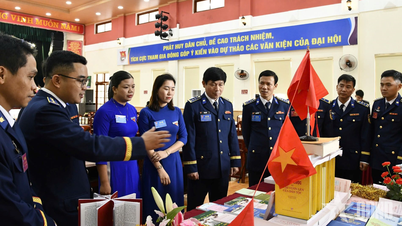

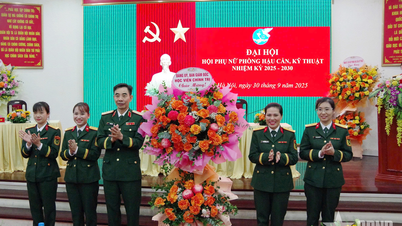
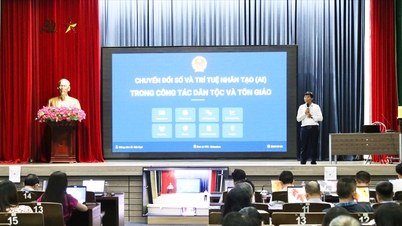





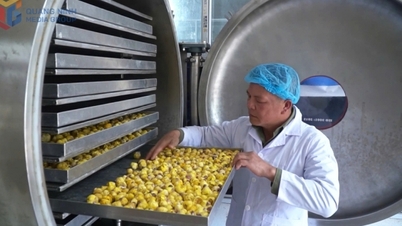








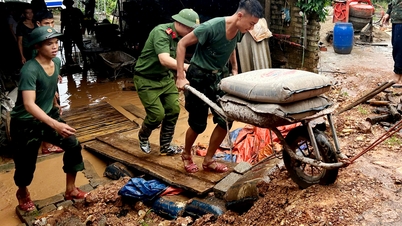








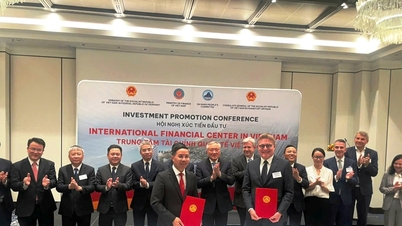
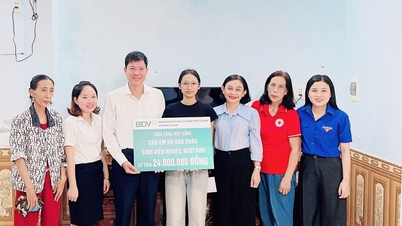
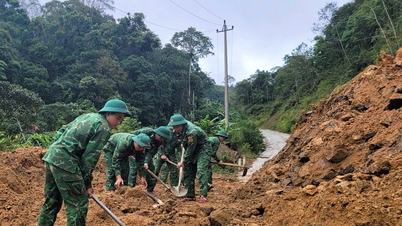



































































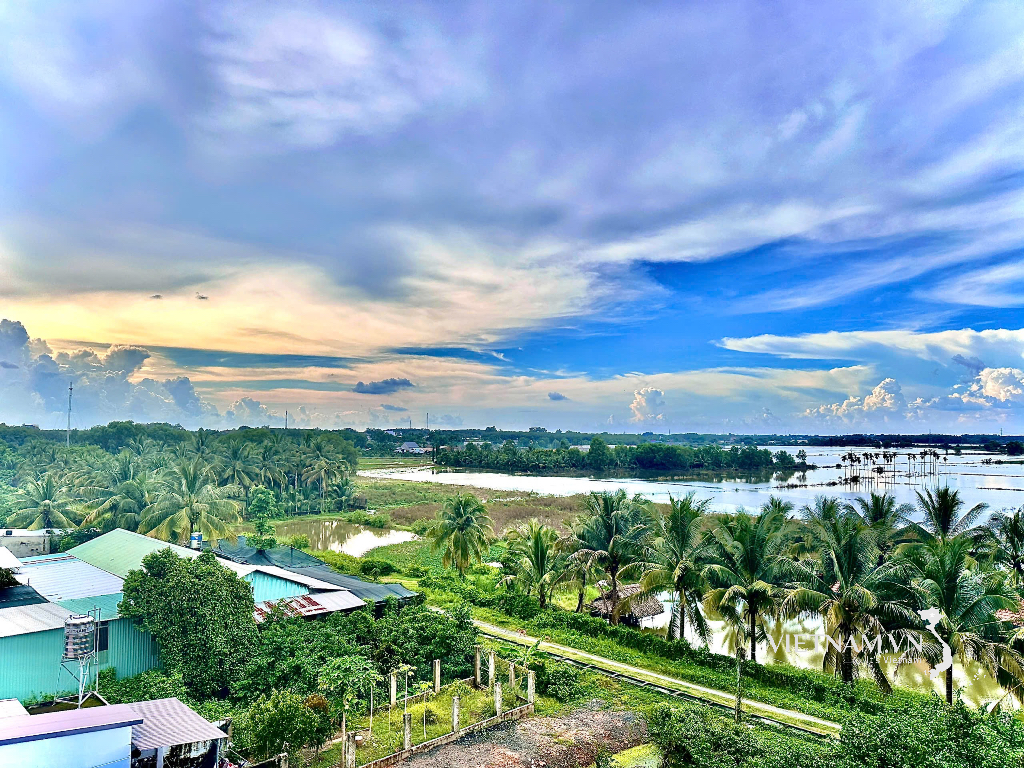

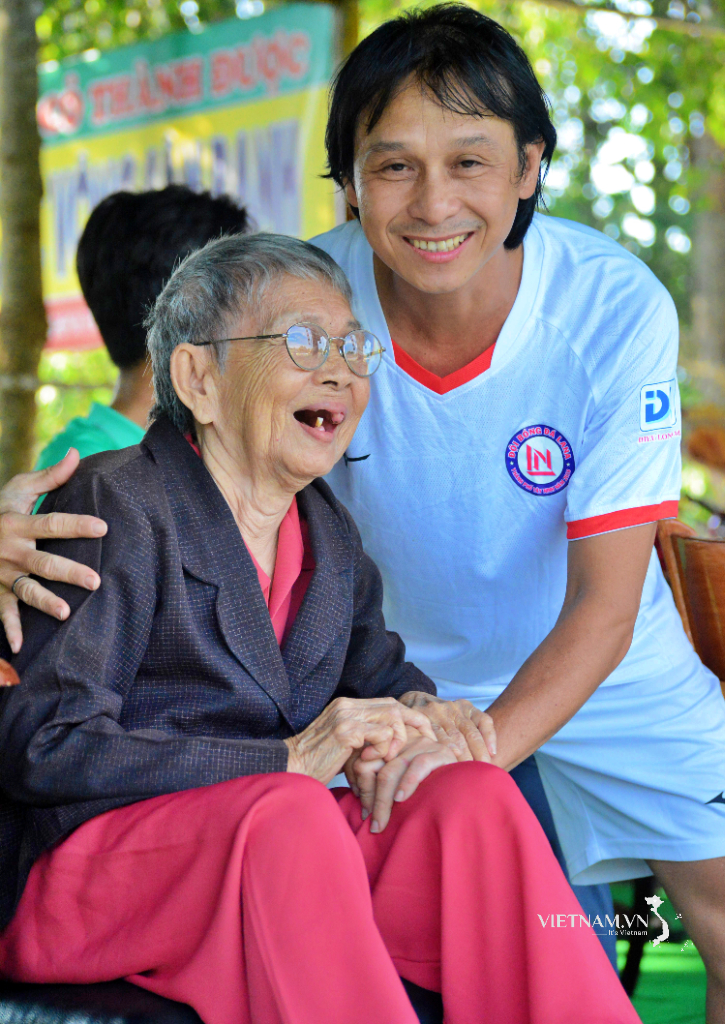
Comment (0)